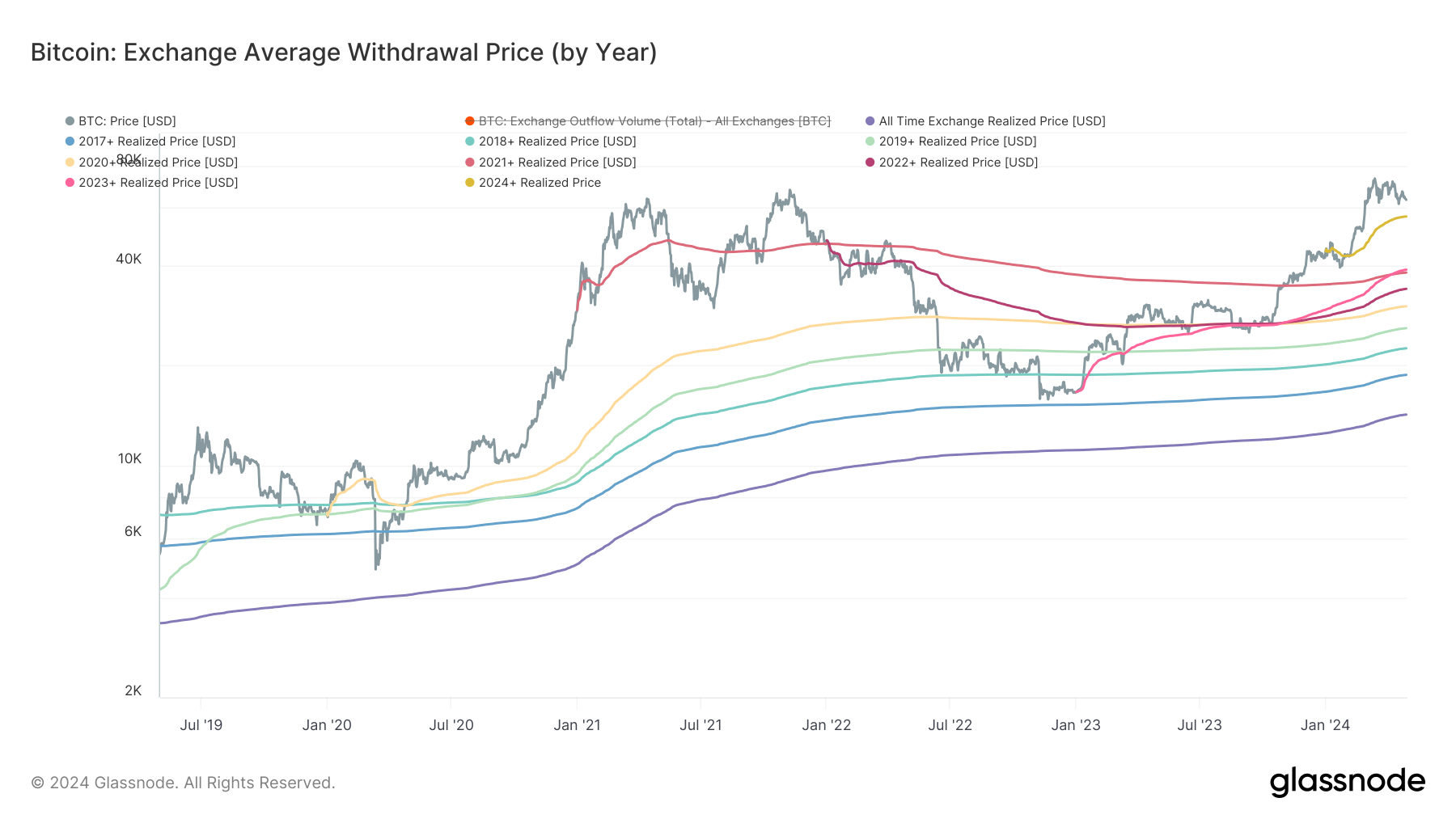Analysis of Kremlin-backed Influence Campaigns in US Presidential Election
Analysts from Microsoft have recently reported an increase in efforts by Kremlin-backed actors to interfere with the upcoming US presidential election by spreading disinformation and false narratives on social media platforms and fake news sites. These actors are affiliated with the Russian government and are aiming to influence the election outcome, particularly by reducing US support of Ukraine and sowing domestic discord.
Current Influence Strategies
According to Microsoft’s analysts, several unique influence-peddling groups linked to the Russian government have been actively engaged in spreading misinformation in the lead-up to the election. These groups have been less active during the current election cycle compared to previous ones, likely due to a less competitive primary season. Over the past 45 days, they have been responsible for an increasing number of social media posts and fake news articles designed to undermine US support for Ukraine and fuel controversy over issues such as election fraud and President Biden’s mental health.
Geopolitical Motives
In their report, the Microsoft analysts emphasized the deteriorated relationship between the United States and Russia, stating that Kremlin-backed actors see the US election as an opportunity to manipulate American policy on various global issues. By targeting the election, Russia seeks to influence US policies on the conflict in Ukraine, weaken support for NATO, and exacerbate internal divisions within the United States. These efforts are part of a long-standing strategy employed by Russia to achieve its geopolitical objectives through political manipulation rather than military force.
Prolific Influence Groups
The most active influence-peddling group identified by Microsoft is associated with the Russian Presidential Administration, a secretive institution considered to be a key player in President Vladimir Putin’s inner circle. This affiliation underscores the centralized nature of Russian influence campaigns, a departure from previous strategies that relied heavily on intelligence services and covert operations.
The report also mentions other groups, such as Storm-1516 and Storm-1099, which have been disseminating anti-Ukraine narratives through various media outlets and fake news sites. These groups target English and Spanish-speaking audiences in the US, spreading disinformation to portray Ukrainian President Volodymyr Zelensky as corrupt and incompetent, and Ukraine as a failed state.
Doppelganger Campaign
One of the notable campaigns mentioned in the report is the Doppelganger operation orchestrated by Storm-1099, which aims to undermine support for Ukraine and sow division among audiences. This campaign has targeted multiple countries since 2022 and operates through US-based outlets such as Election Watch and 50 States of Lie.
Revival of Disinformation Campaigns
The report also highlights efforts to revive old disinformation campaigns, such as the NABU Leaks operation, which previously alleged collusion between then-Vice President Joe Biden and former Ukrainian leader Petro Poroshenko. Another operation known as hack and leak involves hacking private information and leaking it to news outlets.
Overall, the analysis reveals a concerted effort by Kremlin-backed actors to manipulate public opinion and influence the US presidential election through a combination of disinformation, fake news, and social media manipulation. It underscores the importance of vigilance and critical thinking in discerning the truth amidst a sea of online misinformation.
Image/Photo credit: source url





